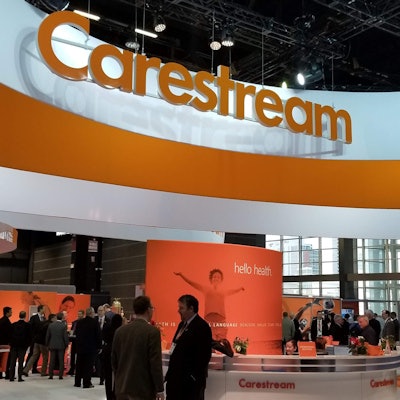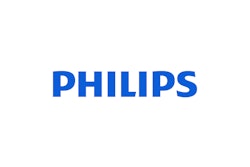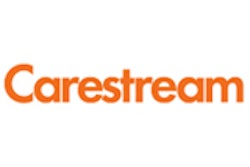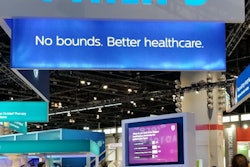
Royal Philips, the parent of Philips Healthcare, has signed a deal to acquire Carestream Health's IT business in a major consolidation within the radiology IT market. The deal bolsters Philips' already-strong activities in healthcare IT, giving the company access to additional distribution and software development capabilities.
The deal marks the latest evolution for Carestream's Healthcare Information Systems (HCIS) IT division, which develops and sells PACS, diagnostic and enterprise viewing software, vendor-neutral archives (VNAs), business analytics tools, and other types of software. For Philips, the deal bolsters its already-strong activities in healthcare IT, giving the company access to additional distribution and software development capabilities.
“This acquisition will enhance our ability to provide flexible solutions to hospitals and health systems,” said Robert Cascella, chief business leader for precision diagnosis at Royal Philips. “The combination of our successful innovations in imaging system platforms, workflow optimization, and artificial intelligence-enabled informatics, combined with Carestream’s cloud-based enterprise imaging informatics platform and complementary geographic footprint, will provide a solid foundation to deliver on the promise of precision diagnosis.”
Carestream will retain its medical imaging systems, as well as its dental and nondestructive testing, businesses. The deal is expected to close toward the second half of 2019.
Carestream emerged in 2007 after Canadian investment firm Onex bought the medical business of Eastman Kodak for $2.35 billion. As the medical film business declined, Carestream ramped up its activities in healthcare IT and digital x-ray, and in recent years had begun expanding into specialized market segments such as ultrasound and extremity CT.
The deal is being driven by a move to acquire customer base in a global radiology IT market that is experiencing relatively flat growth, said Stephen Holloway, principal analyst and company director at Signify Research in Cranfield, U.K.
"Lengthening replacement cycles and less 'rip and replace' for imaging IT is making it harder for vendors to gain traction," he said. "Some commoditization [is also occurring] for radiology IT base platforms."
Philips' acquisition of Carestream's IT assets brings together the No. 4 and No. 5 players, respectively, in the global radiology IT market (not including advanced visualization software). The combined businesses will have revenue that will be close to competing for the top position, just behind Fujifilm Medical Systems and ahead of GE Healthcare, Holloway said.
Carestream has been growing internationally, particularly winning market share in Northern Europe, Latin America, and Southeast Asia, he noted. In North America, Carestream has focused more on the small- and mid-sized provider segment, while Philips has emphasized deals with larger providers and academic institutions, according to Holloway.
"So there's not a big crossover in terms of customer base," he told AuntMinnie.com. "The combined entity will put them into the top three for radiology IT (excluding advanced visualization) in North America," he said.


















